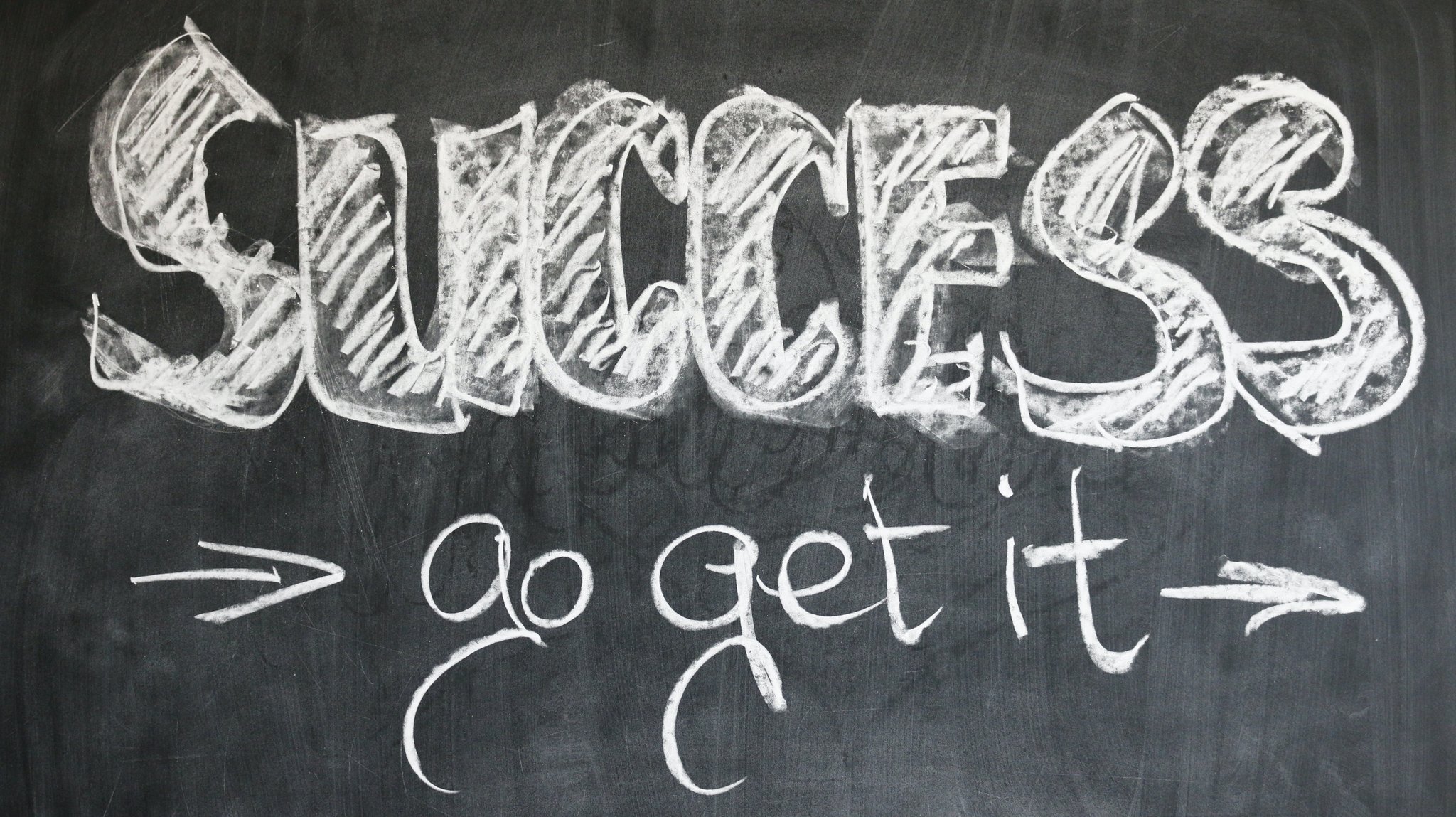
Coping with rejection can be tough. It’s especially difficult if you are new to the sales job and the deals just aren’t breaking your way. On any day, even the simplest rejection can make you feel awkward and out of sorts with the rest of your world. Nevertheless, handling rejection is a crucial skill for salespeople, as they face numerous refusals in their dealings. Over time, experienced sellers learn that the effects of rejection can be minimized by positive self-talk and the tenacity to square your shoulders and make the next call. Admittedly, some days it’s just not that easy to overcome.
“It’s not a failure. It’s steps to success.” – Giannis Antetokounmpo
Handling rejection means embracing and understanding rejection
All salespeople must learn to expect some rejection. One of the best antidotes, according to Russ Sharer, writer for The Brooks Group, is to “know it’s a possibility.” This is a ‘forewarned is forearmed’ approach to the reality that you don’t always get what you want. Sharer’s composed a helpful article with seven tips to help mitigate the pain and move on. Two tips stand out as being most helpful in handling rejection:
“Refuse to internalize rejection” – This takes resiliency and is one of the most important traits that a salesperson can possess. Regardless of the circumstances, you must realize the reason for the refusal is not a reflection of your personal worthiness. Understandably, these are opportunities for more training, skills, practice, or a reevaluation of whether the prospect was indeed qualified.
“Evaluate the nature of the rejection” – Know what “NO” means. In other words, investigate further whether the negative response could be an opening to solicit more information. When you reframe rejection as opportunity, you can devise discovery questions that can illuminate the situation and help overcome objections to get beyond hidden obstacles. Even if the call ends with a refusal, important information will be a valuable takeaway and you are armed for the next opportunity with this prospect as an even more credible partner.
Rejection as a badge of determination
Interestingly, it appears that “mentally strong people know that rejection serves as proof that they are living life to the fullest.” That’s the view of Amy Morin, writing for the muse. Translated to the world of sales, if you are not handling rejection, you are not putting yourself out there. Or, in other words, if you are not getting rejected you may be living too far inside your sales comfort zone.
Further, Morin points out that mentally strong people ask themselves, “What did I gain from this?” Importantly, these resilient individuals learn from rejection, so they grow stronger and become better. What’s more, resilient people don’t let the rejection define them and they treat themselves with compassion. According to Morin, “they are able to speak to themselves like a trusted friend.”
How to bounce back and move forward
Resiliency is the capacity to withstand or to recover quickly. As demonstrated by Amy Morin’s article, some of the main characteristics of resilient people are awareness, self-control, problem-solving skills, and social support. When resilient sellers are handling rejection, they can calmly and rationally analyze the refusal and envision a successful outcome. This ability to seek the positive and look at the broader horizon exemplifies the survivor mentality of the resilient mindset. Doggedly, these fighters work toward an ultimate purpose. Additionally, visualizing the future and working toward a goal, regardless of setbacks, allows them to appreciate their progress. Thereby, when faced with disappointments or rejection they know that that these are not failures – they are steps to success!
Photo by Gerd Altmann on pexels.com.
